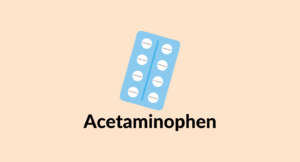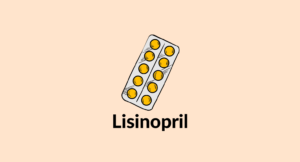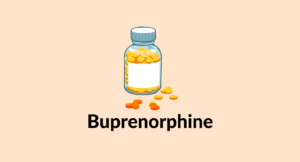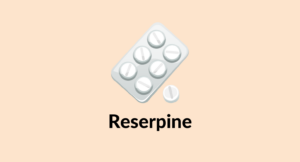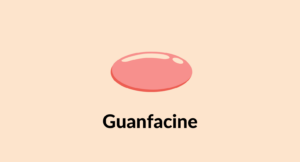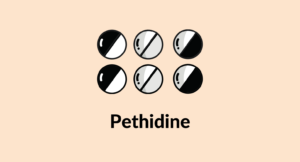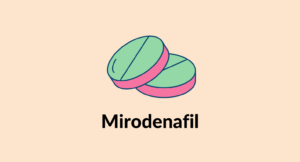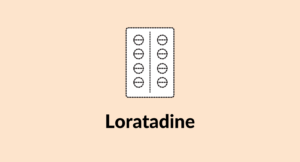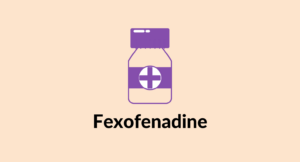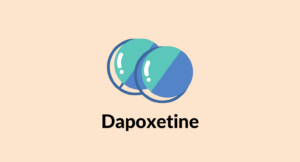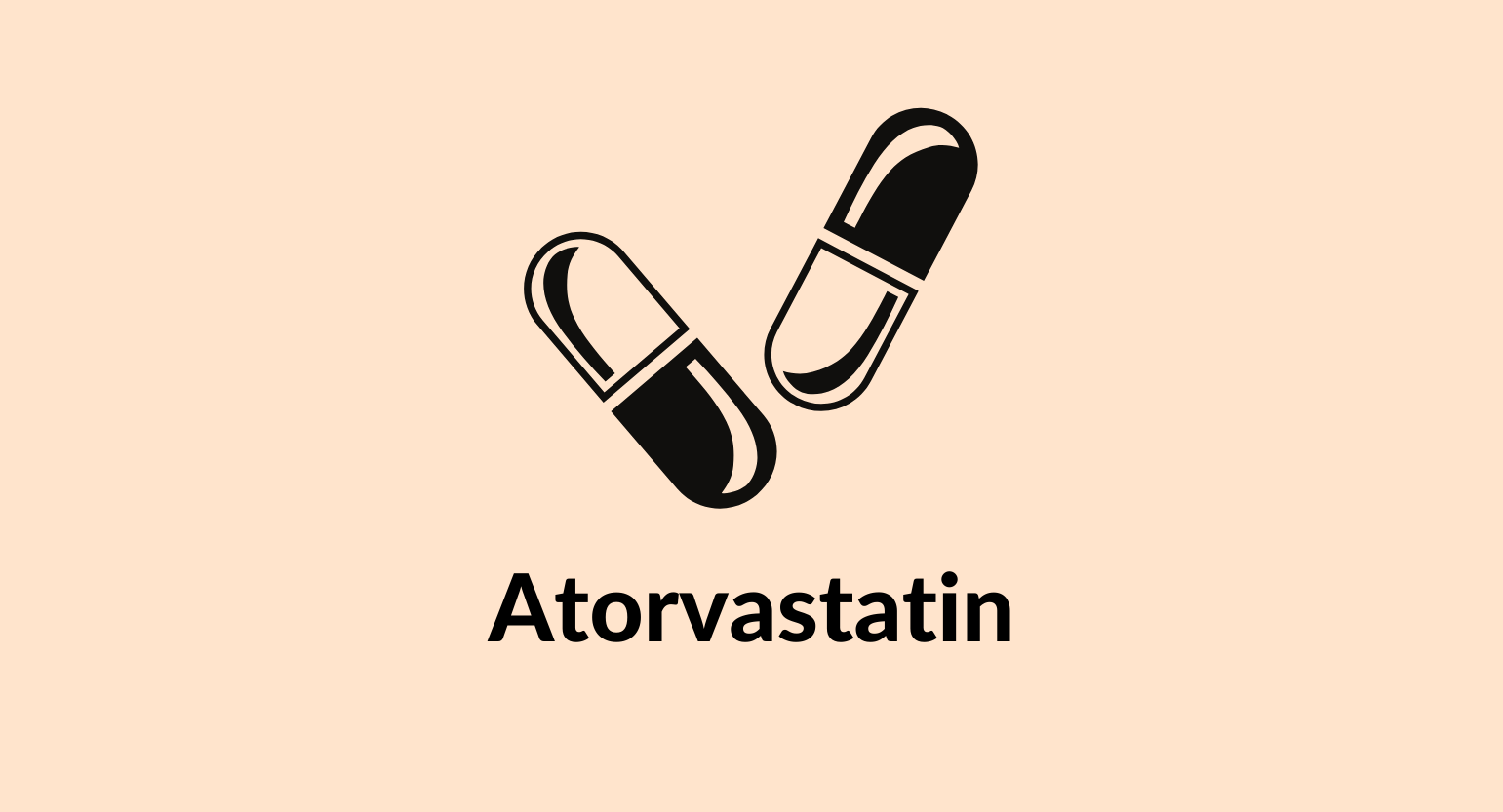
Does CBD Interact With Atorvastatin?
Information on risks & possible interactions between CBD & artorvastatin.
Level of risk: mild to moderate.
Cannabidiol (CBD) slows the metabolism of atorvastatin — potentially leading to increased blood levels of the drug.
High levels of statin drugs can lead to side effects like muscle pain, joint pain, dyspepsia, hyperglycemia, and liver dysfunction.
There is no clinical evidence to suggest any effect on cholesterol levels when CBD and atorvastatin are used together.
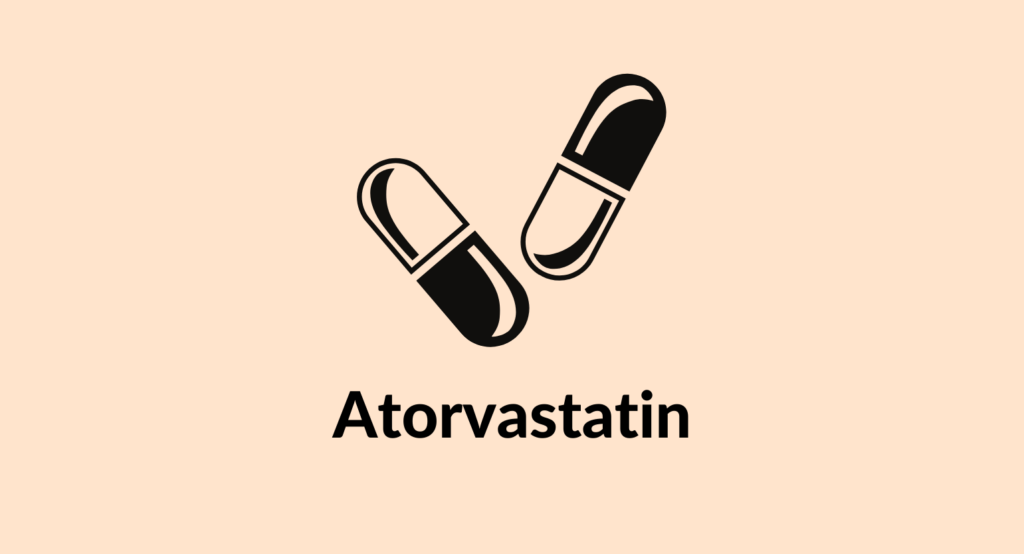
Does CBD Interact With Atorvastatin?
CBD interacts with atorvastatin by inhibiting its metabolism.
There are no other indications of increased side effects or decreased drug effectiveness when taken with CBD.
The level of risk for this combination is considered mild to moderate, and only appears to pose any threat if both substances are taken together repeatedly over several days, weeks, or months.
Interaction 1: Slowed Elimination (Metabolic competition)
The main interaction between CBD and atorvastatin takes place in the liver.
CBD and atorvastatin are both metabolized in the liver by the same enzyme (CYP3A4).
CBD competes with atorvastatin for metabolism through this enzyme.
This interaction might cause harmful side effects when taken for a long duration as atorvastatin accumulates in high concentrations in serum. This can cause side effects like liver dysfunction, muscle pain, joint pain, hyperglycemia, memory loss, and confusion [1].
However, factors like the strength of inhibition and the dose-dependent nature of inhibition also play an important role in the interaction between CBD and atorvastatin.
Interaction 2: Increased Effect (Agonistic Interaction)
Recent studies have provided some evidence regarding the role of CBD as a high-density lipid (HDL) increasing agent [8]. HDL is a transport lipoprotein that transports excess cholesterol from different parts of the body to the liver for excretion. This helps lower cholesterol, triglycerides, and LDL.
An agonistic interaction occurs when two substances produce similar effects on the body.
CBD and atorvastatin may theoretically enhance each other’s lipid-lowering effects that each drug possesses when taken individually.
With that said, there are no studies or case reports that have reported this (theoretical) effect despite both CBD and atorvastatin being widely used in the general public.
Other Names For Atorvastatin
Atorvastatin is sold under many names, all of which share the same risk and potential interactions.
Some brand names for atorvastatin include:
- Lipitor
- Aztor
- Atorlip
- Statix
Similar Medications
Atorvastatin is classified as a statin drug. CBD and other statins share similar risks for interaction and side effects.
Here’s a list of medications that share a similar level of risk when combined with CBD:
- Lovastatin (Altoprev)
- Pitavastatin (Livalo, Zypitamag)
- Pravastatin (Pravachol)
- Rosuvastatin (Crestor & Ezalor)
- Simvastatin (Zocor)
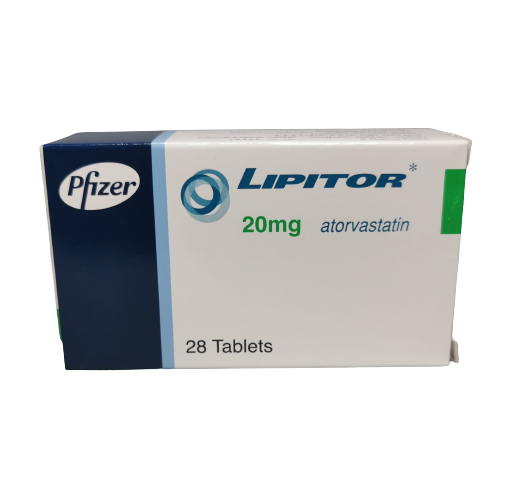
Is It Safe To Take CBD And Atorvastatin?
The use of CBD and Atorvastatin is safe, and their interaction could be from mild to moderate.
But when these drugs are used together for a long period, atorvastatin can accumulate in the serum at toxic concentrations and produce unwanted effects.
You should always consult your doctor before combining these drugs to avoid possible interactions.
Is CBD A Viable Alternative To Atorvastatin?
There are very few studies that CBD has any role in lowering cholesterol. It has antioxidant, anti-inflammatory properties that might help improve overall cardiac health and lower risks of stroke and heart attack just as atorvastatin [2,3,7].
A recent study conducted on 65 overweight, otherwise healthy individuals with hemp-derived CBD ingestion for 6 weeks showed significant improvement in HDL levels [8].
But to recommend CBD as a lipid-lowering agent evidence of its efficacy through clinical trials in large cohorts is necessary.
Hence, CBD is not an alternative to atorvastatin.
What Is Atorvastatin?
Atorvastatin belongs to the statin group of drugs that acts by inhibiting the enzyme HMG-CoA reductase. This decreases the production of cholesterol in the liver.
It is prescribed as a first-line treatment to people with high cholesterol levels to lower the risk of stroke and heart attack. People with pre-existing diseases like type 2 diabetes, hypertension, obesity, and smoking with dyslipidemia are at increased risk.
Atorvastatin is taken orally and is available in doses of 10 mg, 20 mg, 40 mg, and 80 mg.
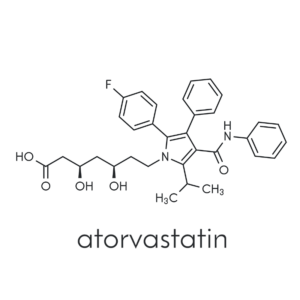
Atorvastatin specs:
| Drug Name | Atorvastatin |
| Trade Name | Lipitor |
| Classification | Statin |
| CYP Metabolism | Enzyme CYP3A4 |
| Interaction With CBD | Metabolic Competition |
| Risk Of Interaction | Mild |
What Does Atorvastatin Do?
Atorvastatin competitively inhibits the enzyme HMG-CoA reductase, which is a key step in cholesterol production in the liver.
Atorvastatin also increases the expression of LDL receptors on the surface of hepatocytes to compensate for the decreased cholesterol resulting in increased clearance of LDL (bad cholesterol) particles from the blood.
These mechanisms help lower the bad lipid particles from the blood like cholesterol, LDL, triglycerides, and apo-B and increase HDL, the good lipid.
When there are high levels of LDL and cholesterol in the body, they tend to build up against the walls of the arteries. The clogged arteries of the heart, brain, and other parts of the body cause decrease in blood flow to the organs, which can be life-threatening.
Atorvastatin is an FDA-approved prescription drug for people with high cholesterol levels to lower the risk of stroke and heart attack. Type 2 diabetes, hypertension, smoking, and dyslipidemia are high-risk factors for cardiovascular events. It is also used for secondary prevention of myocardial infarction, stroke, unstable angina, and revascularization in people with established coronary artery disease.
Side Effects Of Atorvastatin
Before jumping into medications, you should consider bringing changes in your lifestyle like diet modification, exercise, avoiding smoking and alcohol to lower your cholesterol first, or along with medications to sustain a healthy body.
Atorvastatin has many potential side effects which are dose-related.
Always consult your doctor before taking these drugs to avoid any potential risks.
Some of the common side effects of atorvastatin that you must be aware of are:
- Joint pain
- Dyspepsia
- Diarrhea
- Insomnia
- Nausea
- Muscle pain
- Muscle weakness
- Hyperglycemia
- Memory loss
- Confusion
Some major side effects that might need discontinuation of atorvastatin are:
- Hepatic dysfunction: Persistent rise in liver enzymes to a severe liver injury can occur with atorvastatin use; hence, regular monitoring of liver function must be done while on the drug [4].
- Type 2 diabetes: A small number of patients on statins have developed diabetes [5]
- Myopathy and rhabdomyolysis: It is an uncommon but serious side effect. People experience muscle pain, muscle tenderness, weakness, and tea-colored urine [6]. Rhabdomyolysis is the breakdown of muscle that can lead to acute kidney failure.
Who Should Avoid Atorvastatin?
- People with known hypersensitivity to atorvastatin or any of its compounds.
- People with active liver disease.
- Females during pregnancy should immediately discontinue atorvastatin.
- Breastfeeding mothers should avoid atorvastatin.
- People with decreased kidney function.
- People with hypothyroidism.
- People using CPY3A4 inducers (phenytoin, bosentan)
- People using CYP3A4 inhibitors (itraconazole, voriconazole)
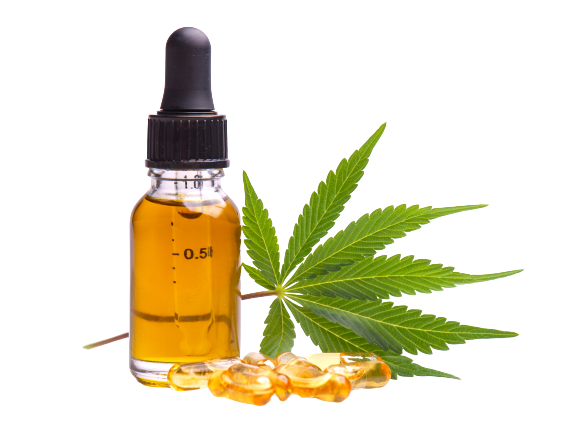
Key takeaways: Is It Safe To Take Atorvastatin with CBD?
Atorvastatin is available with a doctor’s prescription for lowering high cholesterol levels.
It is safe to take atorvastatin with CBD. But it is best not to use them together for a long period of time. Combined intake should be discontinued if any harmful side effects appear.
References
- Ward, N. C., Watts, G. F., & Eckel, R. H. (2019). Statin toxicity: mechanistic insights and clinical implications. Circulation Research, 124(2), 328-350.
- Stanley, C. P., Hind, W. H., & O’Sullivan, S. E. (2013). Is the cardiovascular system a therapeutic target for cannabidiol?. British journal of clinical pharmacology, 75(2), 313-322.
- Booz, G. W. (2011). Cannabidiol as an emergent therapeutic strategy for lessening the impact of inflammation on oxidative stress. Free Radical Biology and Medicine, 51(5), 1054-1061.
- Liu, Y., Cheng, Z., Ding, L., Fang, F., Cheng, K. A., Fang, Q., & Shi, G. P. (2010). Atorvastatin-induced acute elevation of hepatic enzymes and the absence of cross-toxicity of pravastatin. International journal of clinical pharmacology and therapeutics, 48(12), 798.
- Navarese, E. P., Szczesniak, A., Kolodziejczak, M., Gorny, B., Kubica, J., & Suryapranata, H. (2014). Statins and risk of new-onset diabetes mellitus: is there a rationale for individualized statin therapy?. American Journal of Cardiovascular Drugs, 14(2), 79-87.
- Sakamoto, K., & Kimura, J. (2013). Mechanism of statin-induced rhabdomyolysis. Journal of pharmacological sciences, 123(4), 289-294.
- Stanley, C. P., Hind, W. H., & O’Sullivan, S. E. (2013). Is the cardiovascular system a therapeutic target for cannabidiol?. British journal of clinical pharmacology, 75(2), 313-322.
- Lopez, H. L., Cesareo, K. R., Raub, B., Kedia, A. W., Sandrock, J. E., Kerksick, C. M., & Ziegenfuss, T. N. (2020). Effects of hemp extract on markers of wellness, stress resilience, recovery and clinical biomarkers of safety in overweight but otherwise healthy subjects. Journal of dietary supplements, 17(5), 561-586.
Signup to our newsletter
Be the first to know about our newest arrivals and special offers!
